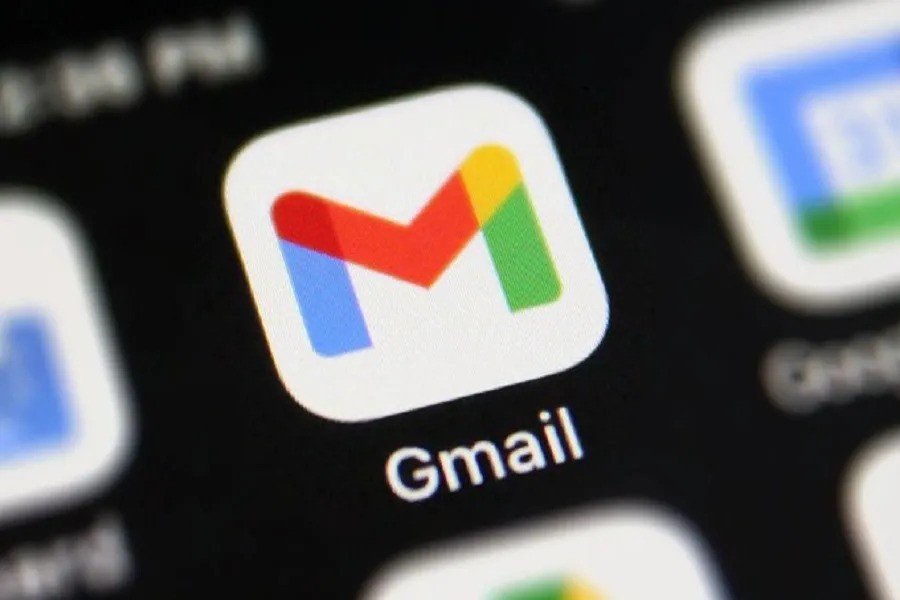
Gmail Users Targeted After Massive Data Breach
Hackers have breached a major Google database, putting the accounts of 2.5 billion Gmail users at risk of being hijacked by scammers, CE Report quotes Kosova Press.
The hacking group known as ShinyHunters infiltrated a Google-managed database hosted on Salesforce’s cloud platform by tricking a Google employee into sharing login credentials in June, reports KosovaPress.
They stole a trove of business files containing company names and client contact details, though Google believes that no passwords were stolen in the incident.
However, the scammers are now using this data to launch phishing calls and malicious emails to these clients, trying to gain access to their Google accounts and private data.
Cybersecurity expert James Knight told Daily Mail that this breach has the potential to cause massive damage to anyone with a Gmail account, as scammers have already started impersonating Google employees on phone calls.
“If you get a text or voicemail from Google, don’t automatically trust it. Nine times out of ten, it’s likely fake,” he warned.
Gmail users on social media said scammers have been making fake calls from area code 650 numbers, tricking people into resetting their Gmail passwords.
The digital security expert also added that anyone with a Gmail account should immediately review their login settings and update their passwords if using weak or common phrases.
Another tactic used after the breach is called the “hanging bucket” method, where hackers secretly enter Google Cloud accounts by exploiting forgotten or outdated access points – such as old URLs or digital keys that weren’t properly deleted or disabled.
Once inside, they can steal data or plant malicious software, taking advantage of these insecure “backdoors” in the cloud storage system.
Salesforce is used by companies like Google in various ways, typically to store customer data in a centralized location.
In a blog post from August, Google did not reveal how many clients were affected by the breach, and spokesman Mark Karayan declined to provide further comment. It’s also unclear whether Google received a ransom demand from the hackers after the data breach in June.























